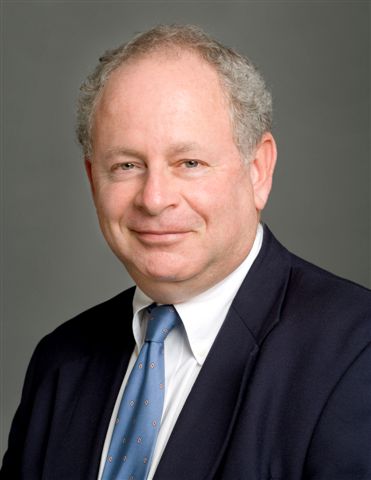Oberlin Endowment Chair Charged with Fraud
 Thomas Kutzen, investment chair of Oberlin College’s endowmentAlphaBridge Capital Management—a hedge fund founded and run by Oberlin College’s endowment chair—has been charged with fraud by the US Securities and Exchange Commission (SEC).
Thomas Kutzen, investment chair of Oberlin College’s endowmentAlphaBridge Capital Management—a hedge fund founded and run by Oberlin College’s endowment chair—has been charged with fraud by the US Securities and Exchange Commission (SEC).
The regulator accused founding CEO Thomas Kutzen and Chief Compliance Officer Michael Carino of breaching their fiduciary duty to clients via fabricated asset valuations, inflated fees, and misleading auditors.
Greenwich, Connecticut-based AlphaBridge operated two fixed-income funds which invested in highly illiquid unlisted securities, including interest-only and inverse interest-only ‘floaters’, or tranches of collateralized mortgage obligations.
To its auditors and clients, the fund conveyed that two independent and expert broker-dealers valued these obscure securities. But according to the SEC’s case, by 2010 Carino was emailing AlphaBridge’s own valuations to salespeople employed at brokerages, who would then pass along the figures as their own to the fund’s administrator and auditor.
“AlphaBridge claimed to use market-grounded price quotes from brokers when in fact it relied on its own rosy view of market conditions to price its portfolio.” —SEC
These valuations dramatically overstated the true market worth of the securities, the regulator argued. As a result, clients paid millions more in management and performance fees than they otherwise would have.
“The integrity of the portfolio valuation process is critical to fund investors, especially when it involves illiquid securities,” said Julie Riewe, co-head of the SEC Enforcement Division’s asset management unit. “AlphaBridge claimed to use market-grounded price quotes from brokers when in fact it relied on its own rosy view of market conditions to price its portfolio.”
The scheme continued until the summer of 2013, the regulator alleged, when both broker-dealer firms fired the salespeople who were working with AlphaBridge.
The SEC ordered the hedge fund to return more than $4 million in fees to clients in addition to their invested capital, pay a $725,000 fine, and shut its doors within six months.
Carino has been banned from the securities industry for at least three years and personally fined $200,000 on a raft of fraud charges.
Kutzen—the majority owner, founder, CEO, and CIO of AlphaBridge—was personally named in two of the six alleged violations. The SEC censured Kutzen for willfully aiding, abetting, and causing AlphaBridge to defraud clients and violate its own compliance policy. Kutzen owes $50,000 in civil penalties, but has not been banned from the investment sector.
Carino and Kutzen did not admit to the violations, but have accepted the punishments. “We have entered into this settlement because we believe the settlement is in the best interest of the AlphaBridge Funds and their investors,” Kutzen said when reached by CIO.
Oberlin College did not respond when asked if Kutzen will continue to chair its endowment. At present, he also serves as investment head of Oberlin’s audit and executive committees, and sits on the debt subcommittee.
Update: Comment from Kutzen on behalf of AlphaBridge added.
Related: SEC Passes Tougher Rules for Asset-Backed Securities
